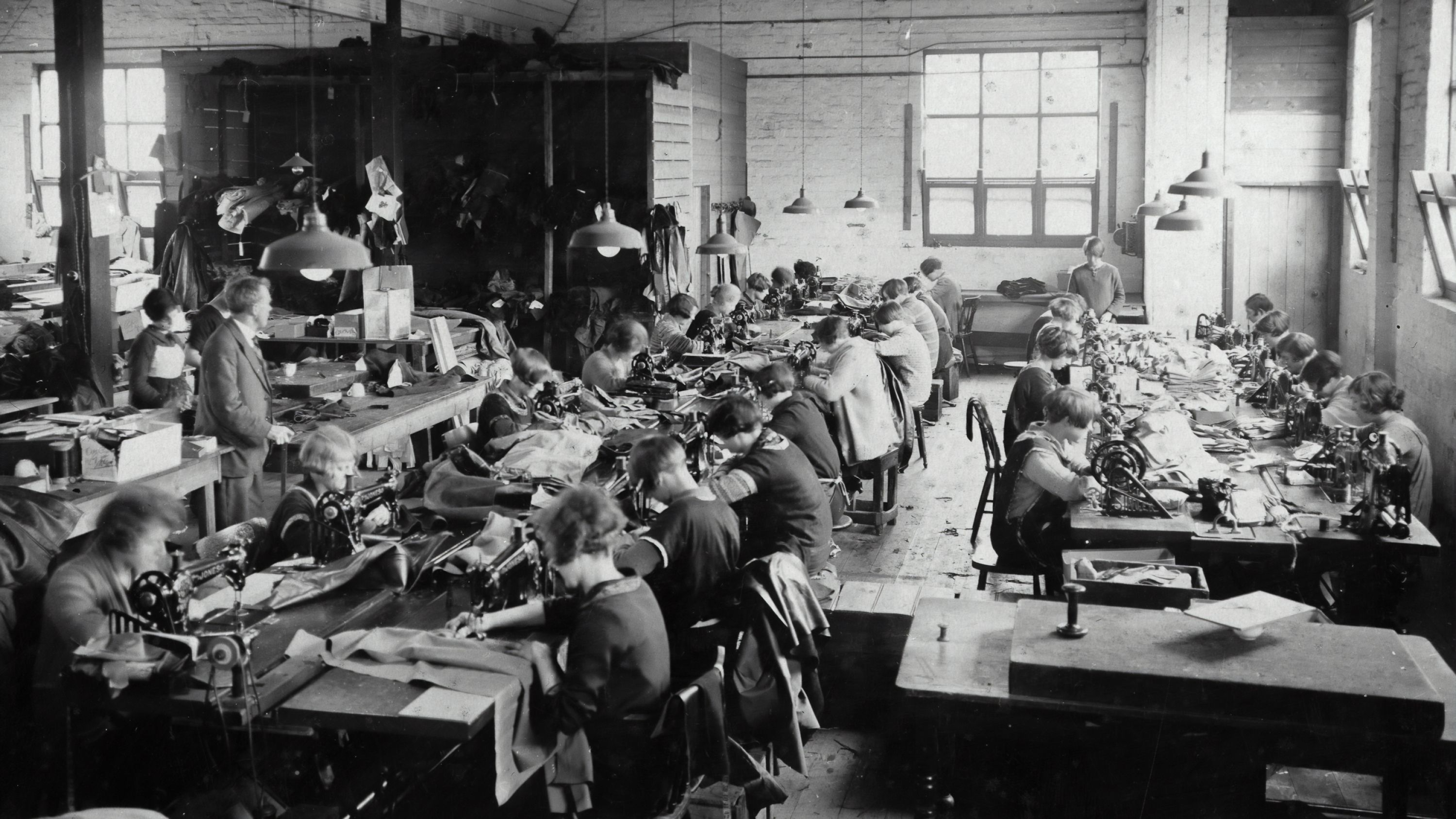Entry Requirements
Grade 5 in GCSE History
Grade 5 in GCSE English Language (If History not studied at GCSE)
Alongside the entry requirements for each course, you will also need to achieve the minimum Sixth Form entry requirements, which you can find here.
Assessment
Examinations: 80% (40% Tudors, 40% Russia)
NEA (Coursework): 20% of A-Level
Next Steps
History is a highly respected subject both by employers and universities, who view it as a facilitating subject. Many students continue their studies at university, whether that be in history or another related subject.
History develops a wide range of skills such as critical thinking, forming judgements, and evaluating evidence that are valued in a range of professions
A-Level in Modern History
Studying history can not only open your eyes onto the past, it can also open doors for you in the future. As a facilitating subject it is highly valued by both universities and employers due to the wide-range of skills that students of history will acquire. The A-level History (modern) course provides you with an overview of the key events which have shaped, and continue to shape, the modern world.
Ready to Apply?
Course Content
Year 12
Unit 1 - The Tudors: England, 1485-1547 (exam)
This is a breadth study which focuses on elements of change, continuity, similarity and difference. It covers an in-depth study of Tudor monarchs from Henry VII to Edward VI, examining how early Tudor monarchs managed to consolidate their power, and how government and foreign relations, society, the economy and religion were shaped by individuals, groups, ideas and ideologies.
Unit 2: Revolution and Dictatorship: Russia, 1917 - C.1941
This is a depth unit. It is designed to allow you to study in detail the rise of communism in the USSR through the October revolution of 1917. You will study the role of Lenin in creating the USSR and of Stalin in modernising the USSR.
Year 13
Unit 1 - The Tudors: England, 1547-1603 (exam)
This is a continuation of the breadth study from Year 12, with a specific focus on the later Tudor period and the reigns of Mary I and Elizabeth I. It focuses on the themes of ‘turmoil and triumph’ during the years 1547-1603, studying the succession crises experienced by the later Tudor monarchs, as well as the development of government and foreign relations, society, the economy and religion during this time.
Unit 2: Revolution and Dictatorship: Russia, 1917 - 1953 (exam)
This depth unit is a continuation of Unit 2 from year 12. It continues the thematic study of the governance and development of Russia from the revolutions of 1917 to the death of Stalin in 1953.
Unit 3: Historical Investigation: England in the 1600s
The historical investigation will focus on the emergence of the ‘witch craze’ during the 16th and 17th centuries across Europe. You will investigate the causes of the dramatic increase in accusations of witchcraft during this time and examine the relevant historiography.
